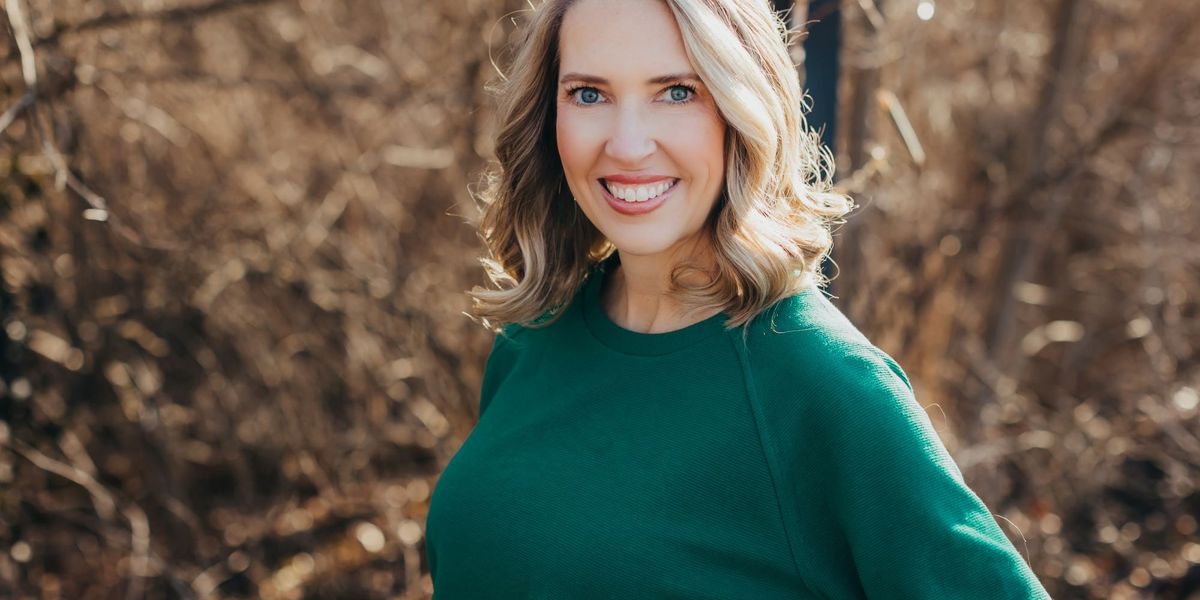NADINE ROBINSON: Seeking healthy advice on supplements
Article content
Am I the only one confused about what is healthy and what is a fad? Growing older isn’t for sissies, and I find myself with so many more questions than answers in menopause. I sent my latest round of questions to Ashley Sobel, a nutritionist and registered dietician for Naked Nutrition.
Advertisement 2
Article content
Article content
Recommended Videos
Article content
I’ve talked to several health professionals and all of them are saying that I need to up my protein and fiber intake and should also consider supplementing collagen. But how much do I need? From what sources? And what the heck is collagen? So, I emailed the company my questions.
Sobel says that collagen is one of the “main proteins within the body and plays a crucial role in maintaining skin elasticity, joint health, and the strength of hair and nails. It also helps to maintain skin elasticity, hydration, and reduce the appearance of wrinkles.”
Sobel recommends supplementing collagen when our body’s production naturally begins to decline in our early 30s, but I clearly missed that boat. At menopause it becomes more important with a more significant collagen production decline … and here we are.
Advertisement 3
Article content
After a bit of research, it appears that there are three main types of collagen supplements, and each type of collagen is better for different parts of the body. Sobel says that bovine collagen (from cows) and marine collagen (from fish) are the most commonly utilized in supplements. She says that: “marine collagen may be more effective for skin health due to its higher bioavailability of Type I collagen. Bovine collagen contains a mix of Type I and Type III collagen and may be more comprehensive to help with skin health, joint health, and gut health.” So, in the absence of dietary restrictions, bovine collagen appears more comprehensive.
How much do you need? Sobel suggests 2-15 grams of collagen daily, but she notes that there is no official recommendation when it comes to collagen intake, since the body is able to make collagen on its own. Sobel notes that supplements are meant to fill in gaps of a balanced diet, and that ideally, we would get all the collagen, protein, and fiber from our diet.
Advertisement 4
Article content
She says: “Aim to get plenty of high-quality protein from whole foods like lean meats, eggs, fish and seafood, legumes, and soy products like tofu. Fiber should come mainly from dietary sources like fruits, vegetables, whole grains, beans and legumes, as well as nuts and seeds. While collagen can come from high-quality protein sources or bone broth, taking a daily collagen supplement can be quite helpful and can actually increase the body’s ability to make collagen naturally. “
Sobel suggests that supplements are for when people are traveling, have a limited diet, or are having other factors that make it difficult to meet your needs from the diet alone. I hear that, but I don’t know many women who can get 25 grams of fiber or men who reach 38 grams per day, let alone the general recommendation of 0.8-1.2 grams of protein per kilogram of body weight, which would put me at 56-84 grams a protein daily. At the top end, that is three cans of tuna a day for me, which is not something I could tolerate, nor is it a good idea given mercury levels, hence why I found myself shopping for protein.
Advertisement 5
Article content
I’ve used other brands of protein, but one was full of artificial sweeteners and the other had a lot of additives and high sugar content. I was looking for something more ‘clean’ and that’s how I found Naked Nutrition. I like their additive-free philosophy and avoidance of artificial ingredients, and artificial sweeteners. I’ll just need to add their powders to smoothies I made with fresh and frozen fruit and veggies.
Too bad they don’t have a menopausal mix with fiber, collagen, protein factored in. Regardless, with Canada Post mandated back to work, my Naked Collagen and Naked Whey may even be here in time to kick off my New Year’s resolutions. Now, what will I do to supplement fiber?
Nadine Robinson’s column runs Saturdays. You can reach her at the.ink.writer@gmail.com or on twitter, Facebook, and Instagram @theinkran.
Article content
Source link
Share this article:












